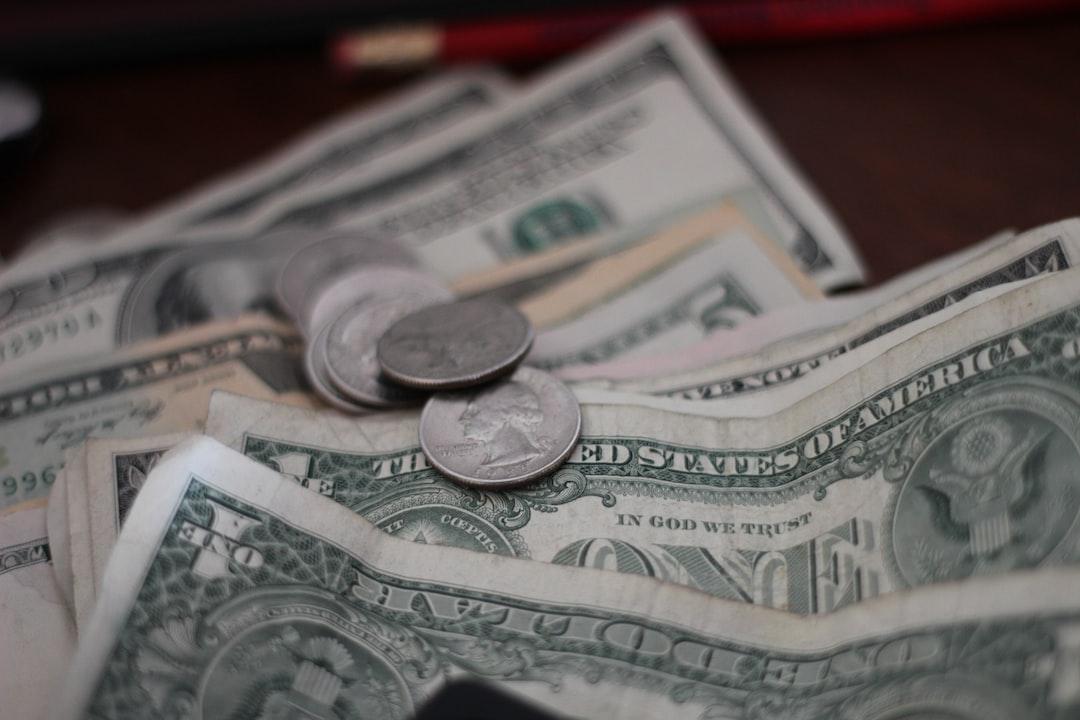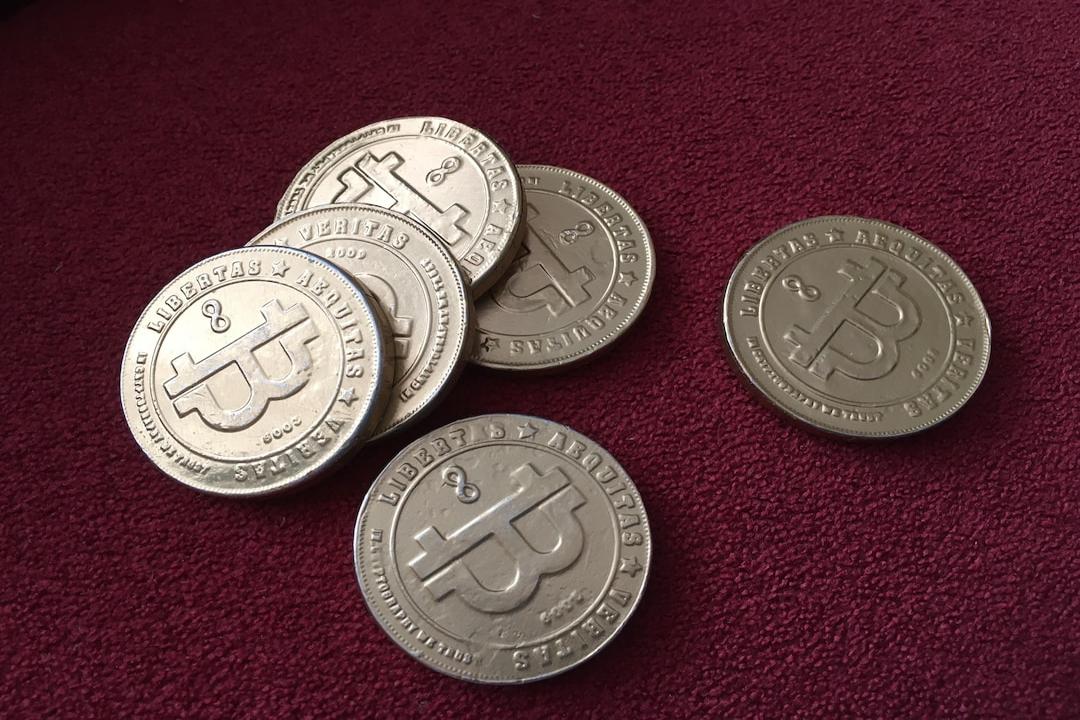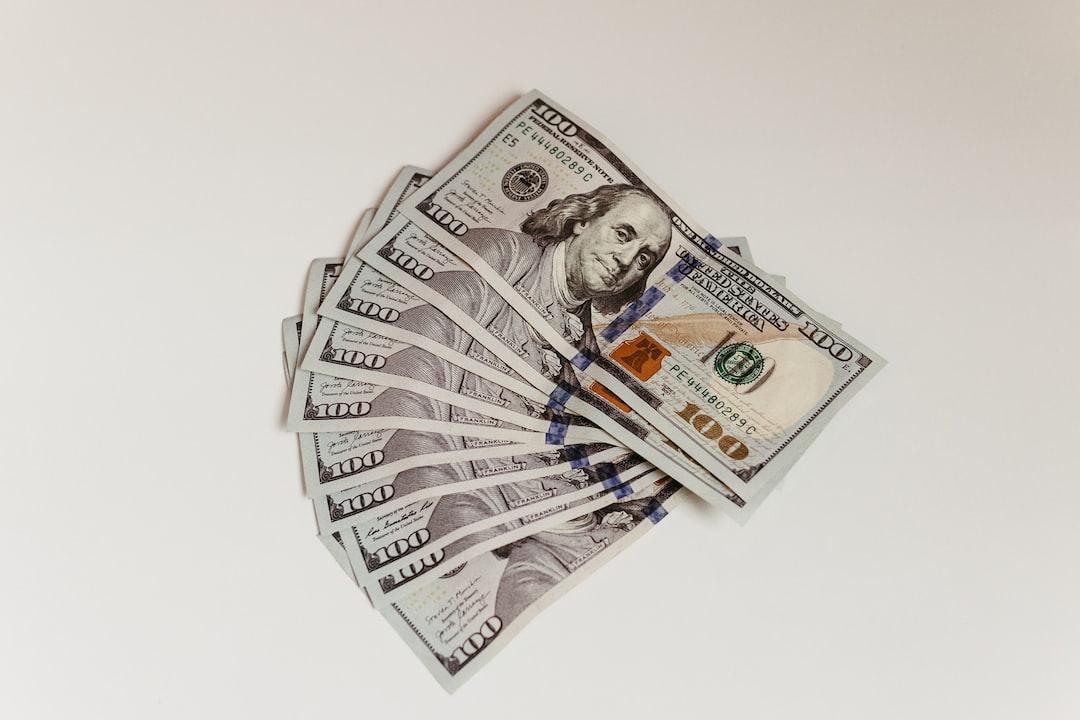Total Exemption Amount for U.S. Electronic Products Reaches $390 Billion! Apple, NVIDIA, and TSMC Temporarily Avoid 125% Tariff Impact
US Government Announces Temporary Tariffs on Electronics
On April 12, the US government announced temporary tariffs on electronic products such as smartphones, laptops, and chips, alleviating significant pressure on well-known companies such as Apple, Nvidia, and TSMC, while also preventing consumers from facing a price surge in the short term.
According to US Secretary of Commerce Howard Lutnick, interviewed on April 14, chips will be treated under the “semiconductor tariff” framework, taxed using a different logic rather than a complete repeal. Although the exemption is only temporary, it undoubtedly serves as a boost for the global tech industry.
Smartphones, Computers, and Chips Exempt from 125% Tariffs on China
According to an announcement from US Customs and Border Protection on April 11:
- Smartphones
- Laptops
- Memory
- Processors
- Displays
- Semi-conductor manufacturing equipment
These items will not be included in the 125% tariffs on China proposed by Trump, nor the 10% global baseline tax. This exemption will be retroactive, effective from April 5, meaning goods imported prior to this date can also enjoy the exemption benefits.


Image of the US electronic products tariff exemption announcement
The total amount of the exemption reaches $390 billion, with smartphones accounting for $41 billion.
According to think tank data:
- The total amount exempted for imported goods is as high as $390 billion.
- More than $100 billion comes from China.
- The largest category is smartphones, totaling $41 billion, followed by laptops, memory, processors, and other computer peripherals.


Image of the US government’s tariff exemption ratio and total amount for electronic products
AI Chips and Manufacturing Equipment Included, Beneficial for TSMC and Nvidia
This exemption also covers:
- AI chip servers, mostly manufactured in Taiwan and Mexico
- Semi-conductor manufacturing equipment from companies like ASML and Tokyo Electron
This reduces import cost pressure for companies like TSMC, Samsung, and Intel, which are building factories in the US, and indirectly strengthens the domestic semiconductor supply chain in the US.
US Actively Moves Away from Chinese-Made Tech Products, Supply Chain Needs to Return to the US
According to Bloomberg, White House spokesperson Leavitt stated that it has successfully secured commitments from global tech giants to invest trillions of dollars in the US, and these companies are working to relocate their production lines back to the US.
However, it was also noted that this exemption does not equate to abandoning the tariff strategy, but rather is a transitional arrangement for certain industry sectors.
Secretary of Commerce Lutnick States Semiconductors and Pharmaceuticals Will Be Taxed Differently
Regarding the temporary tax exemption for tariffs on electronic products like smartphones and laptops, Secretary Lutnick emphasized on the morning of April 14 that these products will be classified under the “semiconductor tariff” framework for processing and taxed differently rather than completely repealed.
He added: “President Trump aims to classify critical products such as pharmaceuticals and semiconductors as non-negotiable items and national security projects, while also bringing key industries back to US manufacturing.”
800 USD De Minimis Exemption Adjusted, Targeting Small Trade with China
The Trump administration has also further adjusted the “De Minimis” policy, which originally allowed:
- Goods imported at a value of less than $800 to be exempt from tariffs.
From now on, the focus will first be on China, starting to eliminate this exemption to combat Chinese e-commerce platforms like Shein and Temu that sell low-cost products to the US market through “small packages.”
Short-Term Benefits for the US, Long-Term Transformation
Analysts believe that this exemption is:
- A short-term relief of pressure for the tech industry and consumers.
- A potential paving stone for a new round of targeted industry tariffs.
- Not a softening from Trump, but rather a strategic shift.
However, it allows tech giants like Apple, Nvidia, and TSMC to avoid tariff impacts in the short term, but the direction of the Trump administration remains unchanged:
- Key technology industries must be “Made in America.”
- Tariffs will shift to “specific industries and specific products.”
- Prevent China from monopolizing the high-tech supply chain and protect the transformation space for American businesses and consumers.
(US Secretary of Commerce Lutnick: Pharmaceuticals and chips will be classified as non-negotiable commodities, subject to national security tariffs)
Risk Warning
Investing in cryptocurrencies is highly risky, and their prices may fluctuate dramatically, resulting in a loss of all principal. Please assess the risks cautiously.
